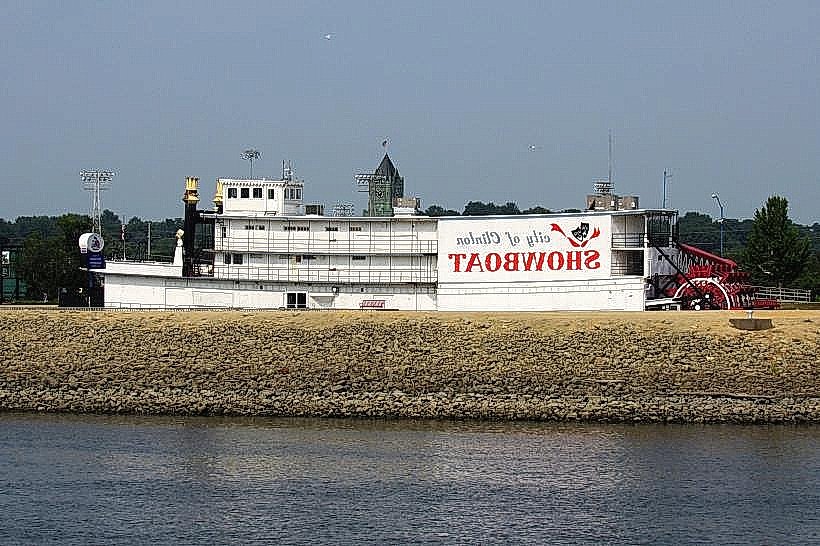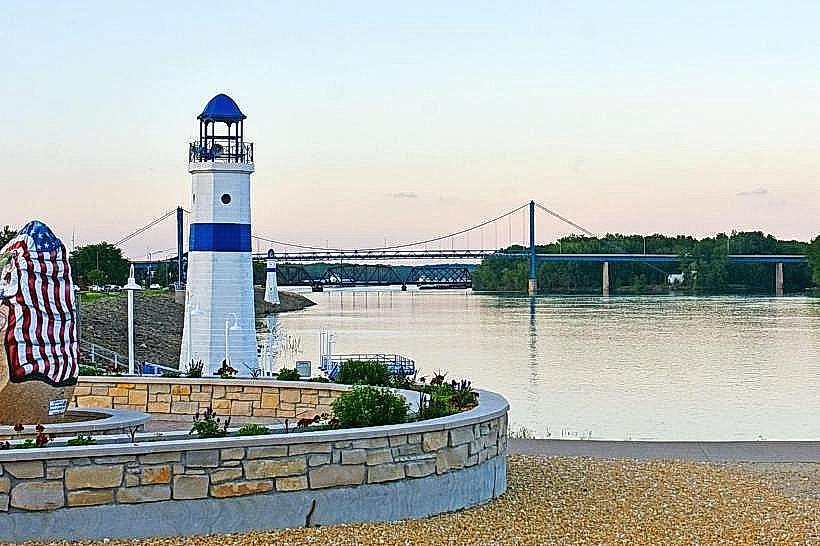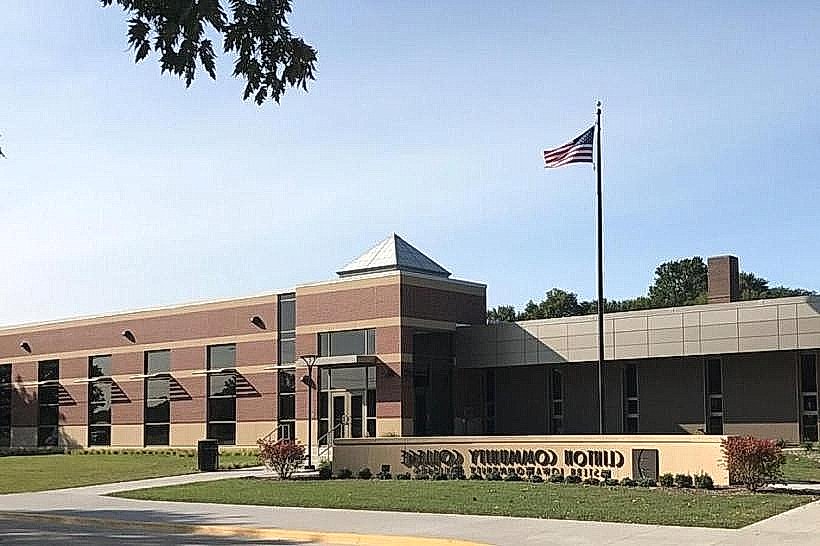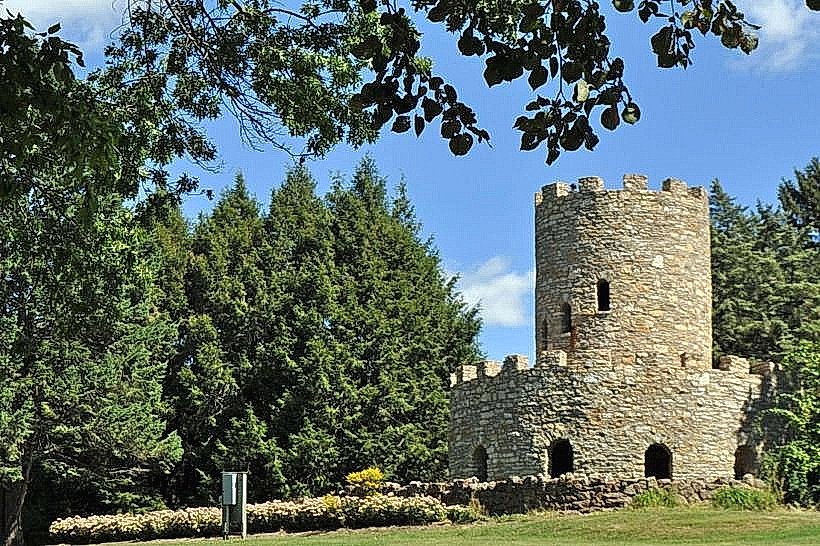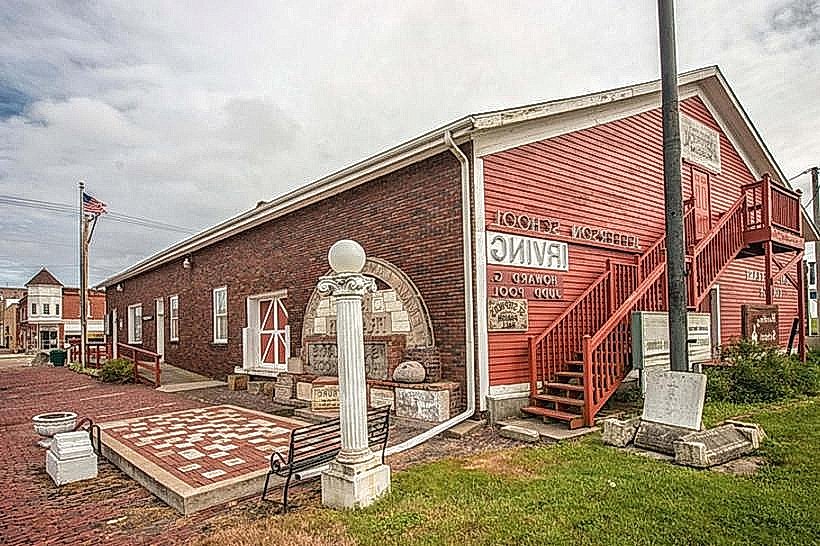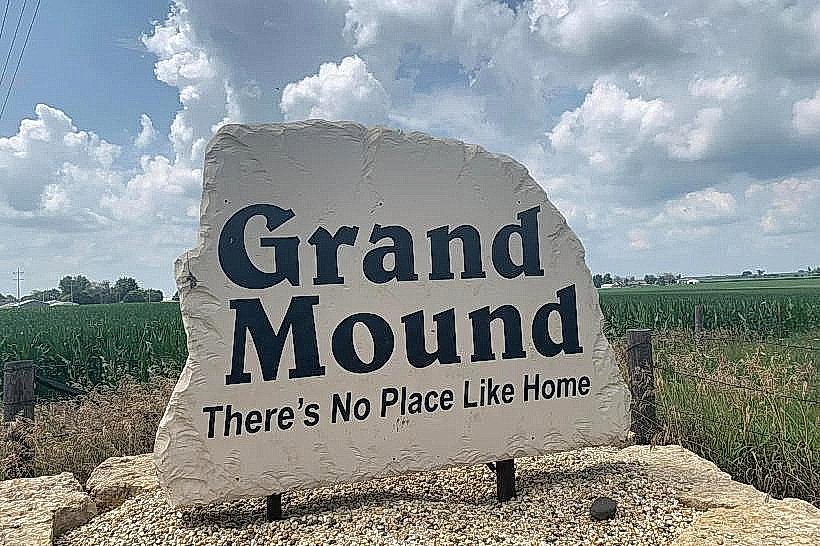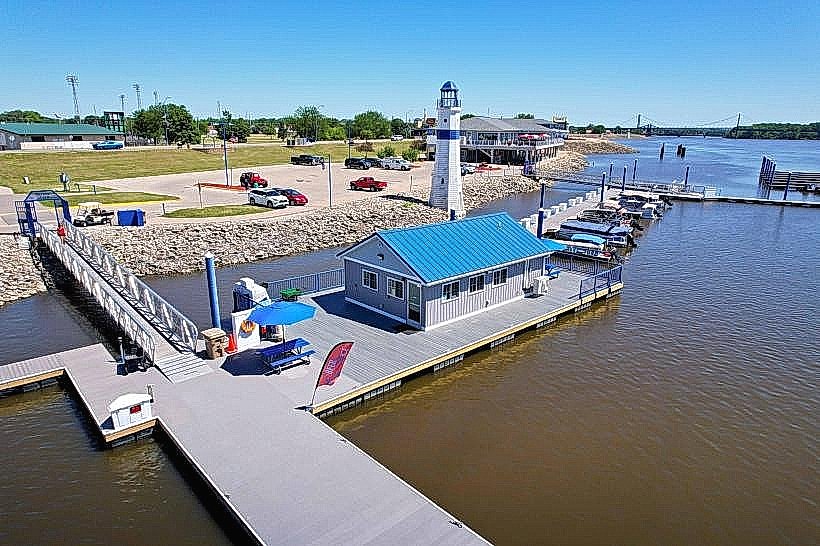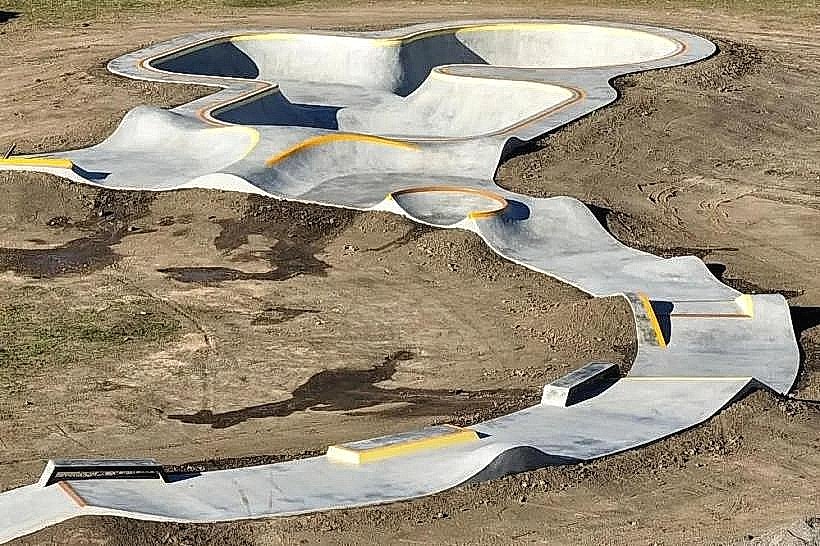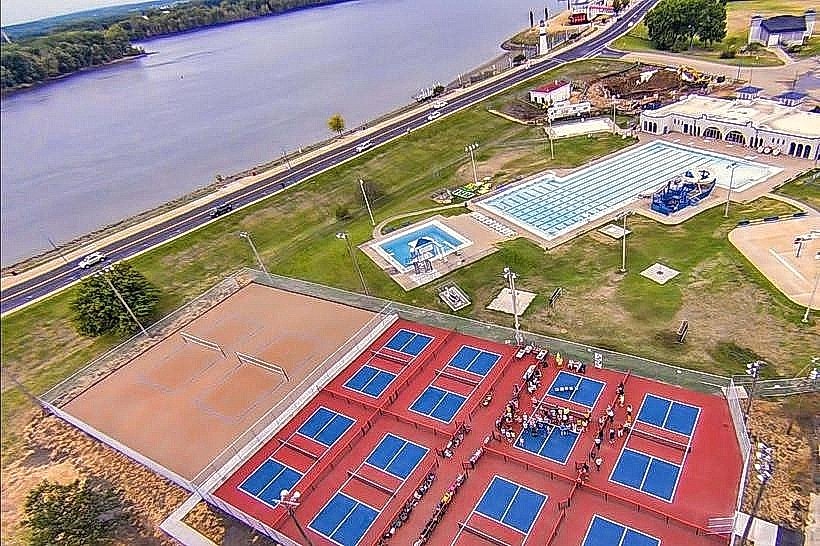Information
City: ClintonCountry: USA Iowa
Continent: North America
Clinton, USA Iowa, North America
Clinton is the administrative seat of Clinton County and serves as a major regional center for corn processing and manufacturing in Eastern Iowa. It is positioned on the western bank of the Mississippi River at the easternmost point of the state, directly across from Fulton, Illinois.
Historical Timeline
The city was platted in 1836 by Joseph Bartlett, who originally named the settlement New York under the false belief it contained gold deposits. Following the 1855 acquisition by the Iowa Land Company, it was renamed Clinton in honor of New York Governor DeWitt Clinton. The most significant architectural and infrastructure reconstruction occurred between 1865 and 1900, fueled by the city's status as a primary division point for the Chicago & Northwestern Railroad and the subsequent boom of the lumber industry. The primary event shaping the current urban form was the consolidation of the city of Lyons into Clinton in 1895, merging two distinct riverfront commercial cores into a single municipal entity.
Demographics & Population
The total population within city limits is 24,425, with a metropolitan area population of approximately 46,383. The top three ethnic demographics are White (86.8%), Black or African American (4.57%), and Two or More Races (2.69%). The median age of the population is 42.8 years.
Urban Layout & Key Districts
The city is organized linearly along the Mississippi River, following the North-South orientation of the Great River Road. The Lyons District (North) is the historic independent town center characterized by 19th-century storefronts and a distinct neighborhood identity; the Downtown/Riverfront (Central) serves as the primary civic and commercial hub; the Liberty Square/Manufacturing Zone (South) contains the high-density industrial corridor and port facilities.
Top City Landmarks
Eagle Point Park (Stone Tower and River Overlook)
The Sawmill Museum
George M. Curtis Mansion
Clinton Showboat Theatre
Bickelhaupt Arboretum
Transportation Network
Movement within the city is serviced by the MTA Transit system, which operates fixed bus routes and a riverfront shuttle. There is no metro or tram. Ride-sharing via Uber and Lyft is available but maintains low vehicle density during off-peak hours. Official taxis are typically operated by local private companies without a uniform municipal color code. Traffic density is low, with the majority of heavy vehicle movement restricted to the Manufacturing Drive corridor and US-30.
Safety & "Red Zones"
The general safety level is moderate. Neighborhoods in the "South End" and specific blocks near the central business district report higher rates of property crime and narcotics activity. Travelers are advised to avoid unlit sections of the riverfront trail and Liberty Park after dark. Common scams are negligible, primarily limited to digital phishing.
Digital & Financial Infrastructure
Average internet speed is 150 Mbps, with Mediacom and CenturyLink providing the primary wired infrastructure. Main mobile carriers are Verizon, T-Mobile, and UScellular. Card acceptance is high across all retailers and service providers. ATMs are readily available at bank branches and Kwik Star or Casey's convenience stores.
Climate & Air Quality
Temperatures range from -11°C to -1°C in winter (January) and 19°C to 30°C in summer (July). Specific weather risks include high humidity in summer and extreme wind chill/snow in winter. Air quality is generally high, though localized odors from corn processing facilities (ADM) can be prevalent depending on wind direction.
Culture & Social Norms
The standard tipping rate is 15-20% for table service. Greetings are informal and typically involve a handshake or verbal greeting. Dress code is highly casual, reflecting the city’s industrial and blue-collar economic base. Smoking is prohibited in all public indoor spaces; public alcohol consumption is restricted to licensed venues and sanctioned street festivals.
Accommodation Zones
Wild Rose Casino Area: Stay here for modern hotel amenities, walking access to gaming, and proximity to major retail.
Lyons District: Stay here for access to historic bed and breakfasts, boutique shops, and a quieter residential atmosphere.
Local Cost Index
1 Espresso: $4.50 (¥675)
1 Standard Lunch: $14.00 (¥2,100)
1 Metro/Bus Ticket: $1.00 (¥150)
Nearby Day Trips
Quad Cities (Davenport/Moline) (50 km)
Galena, Illinois (95 km)
LeClaire, Iowa (35 km)
Maquoketa Caves State Park (55 km)
Lock & Dam 13 (Fulton, IL) (5 km)
Facts & Legends
Clinton was once widely-though inaccurately-rumored to have the most millionaires per capita in the United States during the late 19th-century lumber boom. A verified historical oddity is the city’s "Big Tree" debate, a century-long dispute regarding the exact location of a legendary giant tree that early settlers supposedly used as a navigation landmark on the Mississippi. Additionally, local lore suggests the George M. Curtis Mansion is haunted by members of the Curtis family, with staff reporting unexplained footsteps and the scent of cigar smoke in the formal library.

